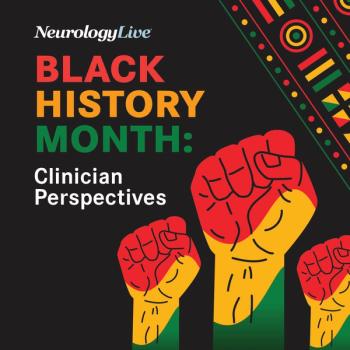
To honor Black History Month, NeurologyLive® spoke with influential Black clinicians on the leaders they look up to, the ongoing fight to overcome racial disparities, and ways to encourage diversity in health care.

Marco Meglio, Assistant Managing Editor for NeurologyLive, has been with the team since October 2019. Follow him on Twitter @marcomeglio1 or email him at [email protected]

To honor Black History Month, NeurologyLive® spoke with influential Black clinicians on the leaders they look up to, the ongoing fight to overcome racial disparities, and ways to encourage diversity in health care.
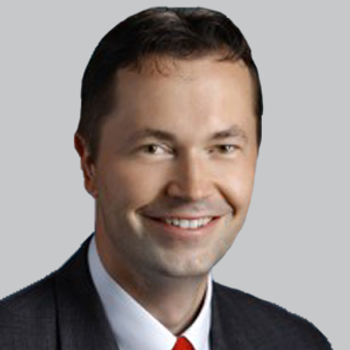
Patients who switched from a previous disease-modifying therapy to teriflunomide saw a decrease in annualized relapse rate and stability with Expanded Disability Status Scale scores regardless of subgroups.

To honor Black History Month, NeurologyLive® spoke with influential Black clinicians on the leaders they look up to, the ongoing fight to overcome racial disparities, and ways to encourage diversity in health care.
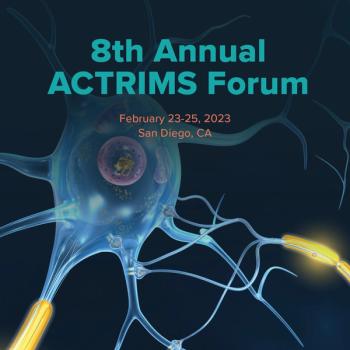
Daniel Ontaneda, MD, program committee vice-chair of ACTRIMS, provided insight on the notable sessions and themes clinicians should pay attention to at this year’s forum, which takes place February 23-25, in San Diego, California.
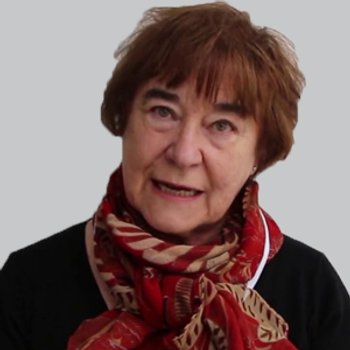
At 1 and 3 years follow-up, sodium oxybate-treated patients showed significant increases in periodic leg movements index and significantly higher apnea-hypopnea index.
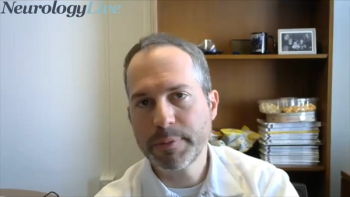
The vascular and interventional neurologist at Cleveland Clinic provided insight on a study presented at the 2023 International Stroke Conference that observed the clinical effectiveness of mechanical thrombectomy beyond 24 hours. [WATCH TIME: 6 minutes]

Physicians were nearly 3 times more likely to prescribe treatments for symptoms of suspected dementia with a positive DISCERN result.

To honor Black History Month, NeurologyLive® spoke with influential Black clinicians on the leaders they look up to, the ongoing fight to overcome racial disparities, and ways to encourage diversity in health care.

Findings indicated that the robust wake-promoting efficacy of solriamfetol demonstrated in clinical trials resulted in improved real-world functional performance in participants with narcolepsy.
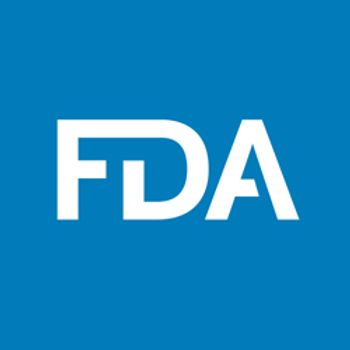
The newly updated label warns patients on aducanumab about the potential risks of brain bleeding, which can be significant and life-threatening.

To honor Black History Month, NeurologyLive® spoke with influential Black clinicians on the leaders they look up to, the ongoing fight to overcome racial disparities, and ways to encourage diversity in health care.

The director of the Alzheimer’s Disease Research Center at Mayo Clinic provided insight on new considerations for interpreting data from cognitive and functional measures in trials assessing agents for Alzheimer disease.
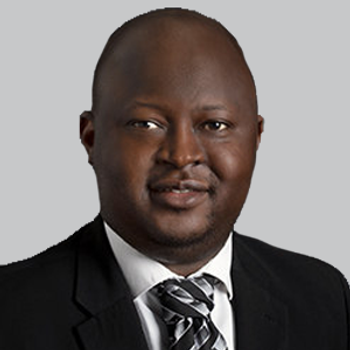
For controlling symptoms of Parkinson disease psychosis, pimavanserin had the most favorable effect size based on 2 major efficacy outcomes.

On diffusion tremor imaging, CMN-Au8 outperformed placebo on domains of fractional anisotropy, radial diffusivity, and mean diffusivity, across all 9 prespecified brain regions and brain white matter.

Dual-task effects were greater for patients with functional gait disorders than controls in gait speed and stride length, but not in stride time variability.

To honor Black History Month, NeurologyLive® spoke with influential Black clinicians on the leaders they look up to, the ongoing fight to overcome racial disparities, and ways to encourage diversity in health care.

Investigators Macarena Hernandez, PhD, and Marc Ribo, MD, provided commentary on positive phase 2a findings assessing ApTOLL in combination with EVT in patients with ischemic stroke.

In comparison with those who underwent additional imaging, patients with large vessel occlusion who directly went to angiography suite had higher mortality, but with no difference in functional outcome.

At the conclusion of the trial, treatment with 0.2 mg/kg of ApTOLL with EVT resulted in reduced brain edema and hemorrhagic transformation, as well as fewer deaths than placebo and 0.05 mg groups.

Nearly two-third of all participants with REM-sleep behavior disorder had mild cognitive impairment level 2 with multi-domain MCI, but particularly attention and memory deficits.
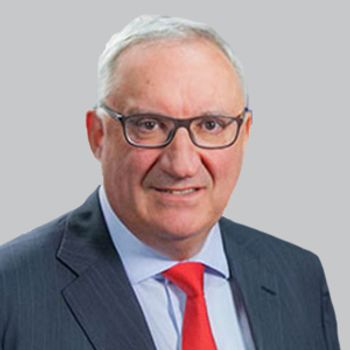
REACT randomly assigned 409 patients—treated with either microsurgical clipping or endovascular coiling aneurysm securing procedures—1:1 to placebo or clazosentan 15 mg/hr, for a 14-day treatment period.

The biosimilar form of natalizumab demonstrated similarities to the FDA-approved form in the primary efficacy end point of cumulative number of new active lesions over 24 weeks.

The medical director of stroke at Fairview Hospital, an affiliate of Cleveland Clinic, provided perspective on a new intervention that improves communication and reduces hospital readmission for stroke.

During a 12-week treatment period, investigators observed greater reduction in change from baseline in UPDRS score for those on electroacupuncture than just on PD medication alone.

The trial was originally placed on hold because of reported cases of drug-induced liver injury in patients who received the study drug, potentially caused by a preexisting factors related to hepatic dysfunction.
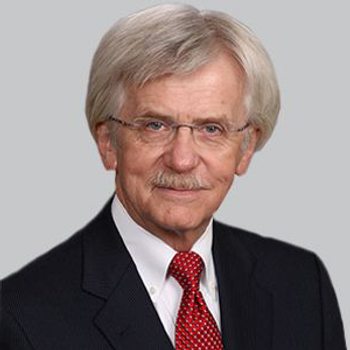
Factoring in the complex nature of the disease, a group of experts provided perspectives on how clinically meaningful benefit should be viewed, stressing the importance of early intervention.
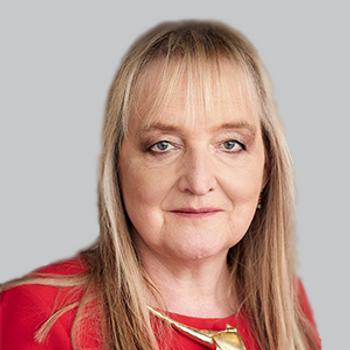
ABATE is an ongoing phase 1b/2 trial that assesses the safety, tolerability, immunogenicity, and pharmacodynamic effects of ACI-24.060 in individuals with prodromal Alzheimer disease with confirmed amyloid pathology on PET.

In PHOENIX, 664 participants with ALS will be randomly assigned 3:2 to either AMX0035 or placebo for 48-weeks, followed by an optional open-label extension that will continue to assess for efficacy and safety.
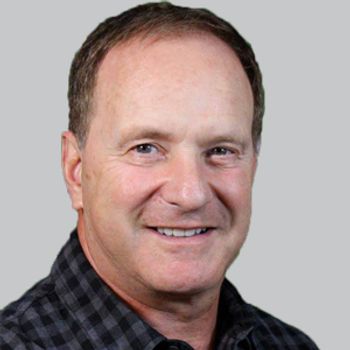
A single dose of ubrogepant at its highest FDA-approved strength of 60 mg once daily had no statistically significant effect on atogepant pharmacokinetics.

Treatment with deep brain stimulation resulted in improvements in mean motor scores, reductions levodopa equivalent dosage, and a decrease in neuropsychiatric features.